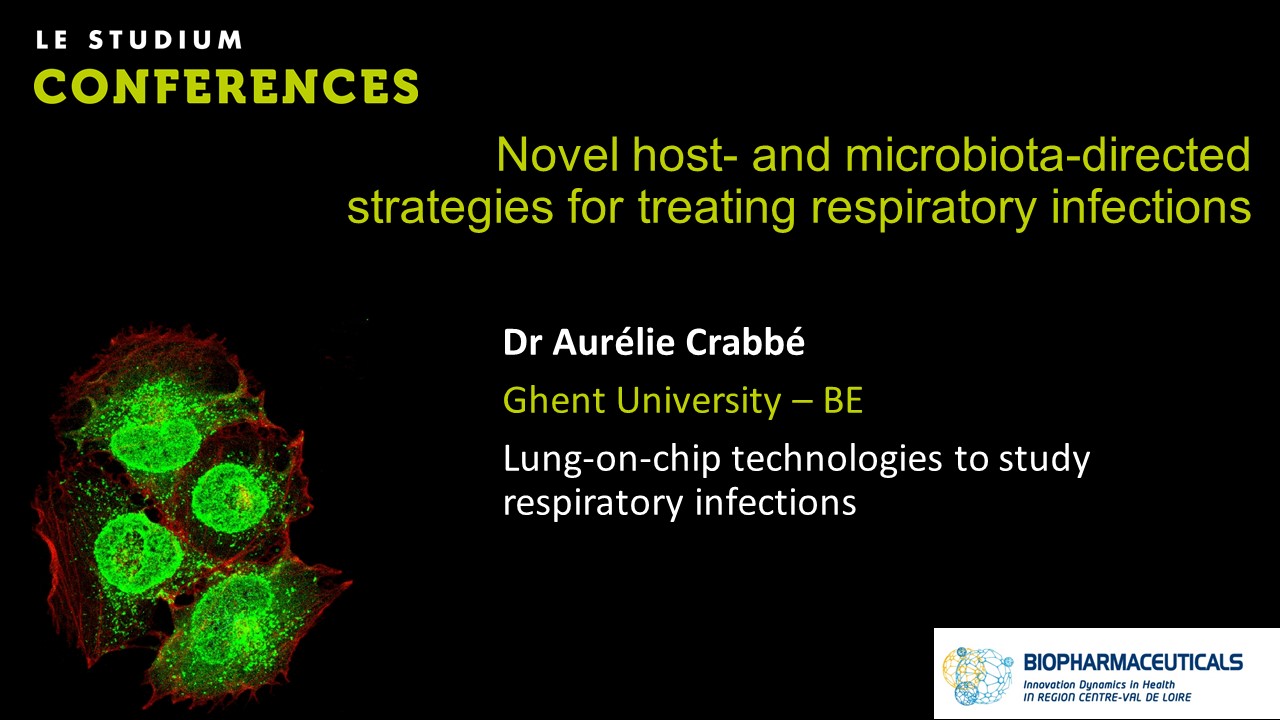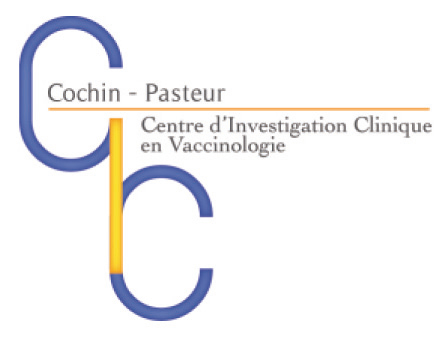Notice
Dr Guido Santos - Multi-level computational modeling as a tool to understand molecular mechanisms behind bacterial lung infection
- document 1 document 2 document 3
- niveau 1 niveau 2 niveau 3
Descriptif
Pneumonia is oneof the most prevalent infectious diseases worldwide, whose main cause is thepathogen Streptococcus pneumoniae.This is an opportunistic disease affecting the most to sensitive groups(infants, elderly and immunosuppressed people). In these patients theinflammatory response generated in the lungs is the main risk factor thathappens in the very first days of infection. Under this situation the main goalis finding therapeutical or preventive strategies that are able to cut theinflammatory response as soon as possible.
In order toidentify possible molecular targets to focus on this early phase of infectionwe propose a computational approach to simulate the very first stages of thepneumococcal infection happening in a single alveolus. In vivoexperiments at this level are unpracticable with the current technology, whichmakes in silico strategies the best approach. We created a multi-levelmathematical model that combines the intracellular signalling pathways and thecellular interactions that play a role during the early stages of pneumococcalalveolar infection. By systematic perturbations of the model we obtained a highnumber of solutions that we analysed. The results of the analysis of thesimulations predict two main processes that could control the establishment ofthe infection in the alveolus. Bacterial proliferation and bacterial adherencetogether can predict the evolution of the early phases of the pneumococcalinfection.
Dans la même collection
-
Prof. Mike Surette - The Good and the Bad of Commensal-Pathogen Interactions in the Airways
The airways are colonized by a complex microbiota that varies in composition and density spatially throughout the respiratory tract, as well as temporally through the life-course. While the lower
-
Prof. Kingston Mills - Local T cells and their subversion in protective immunity to infection in th…
Respiratory infection with Bordetella pertussis causes whooping cough. The infection is controlled by innate immune responses, but complete bacterial clearance from the respiratory tract and
-
Dr Mustapha Si-Tahar - Towards a metabolic anti-influenza therapy
Influenza A virus (IAV) is the etiological agent of a contagious acute respiratory disease, which is associated with high morbidity and mortality. This virus also causes a considerable socio
-
Dr Antoine Guillon - Flagellin-based antibacterial strategy and clinical perspectives
Bacterial pneumonia is a leading cause of morbidity and mortality worldwide. Antibiotics constitute the standard of care but are faced with the emergence of antimicrobial resistance and the curative
-
Dr Rodrigo Guabiraba - Precision cut lung slices: a novel versatile tool to examine host–pathogen i…
The avian respiratory tract is a common entry route for many pathogens and an important delivery route for vaccination in the poultry industry. Immune responses in the avian lung have mostly been
-
Dr Raphaël Duivenvoorden - Trained Immunity as a novel therapeutic strategy
Innate immune cells form a vital first line of defense against pathogens, and their activation upon recognition of pathogens is rapid and non-specific. For a long time it has been assumed that
-
Prof. Adrian Martineau - Vitamin D in the prevention and treatment of respiratory infections
Vitamin D is best known for its effects on calcium homeostasis, but a growing body of evidence shows that it also has extensive immunomodulatory actions. In this talk I will describe the effects of
-
Dr Aurélie Crabbé - Host metabolites modulate bacterial susceptibility to antibiotics
Antibiotic susceptibility of bacterial pathogens is typically evaluated using in vitro assays that do not consider the complex host microenvironment. This may help explaining a significant
-
Prof. Pieter Hiemstra - Antimicrobial Host Defence Peptides: Immunomodulatory Functions and Transla…
Antimicrobial host defence peptides (AMPs) are effector molecules of the immune system. AMPs are considered as possible alternatives to conventional antibiotics for the treatment of respiratory
Sur le même thème
-
CIF vaccinologie 2011 - Vaccins antipneumococciques conjugués.
FletcherMark A.Cours international francophone de vaccinologie.Titre : CIF vaccinologie 2011 - Vaccins antipneumococciques conjugués.Intervenant : Mark FLETCHERRésumé : 29 mars 2011 - cours 39 L’auteur n’a pas










